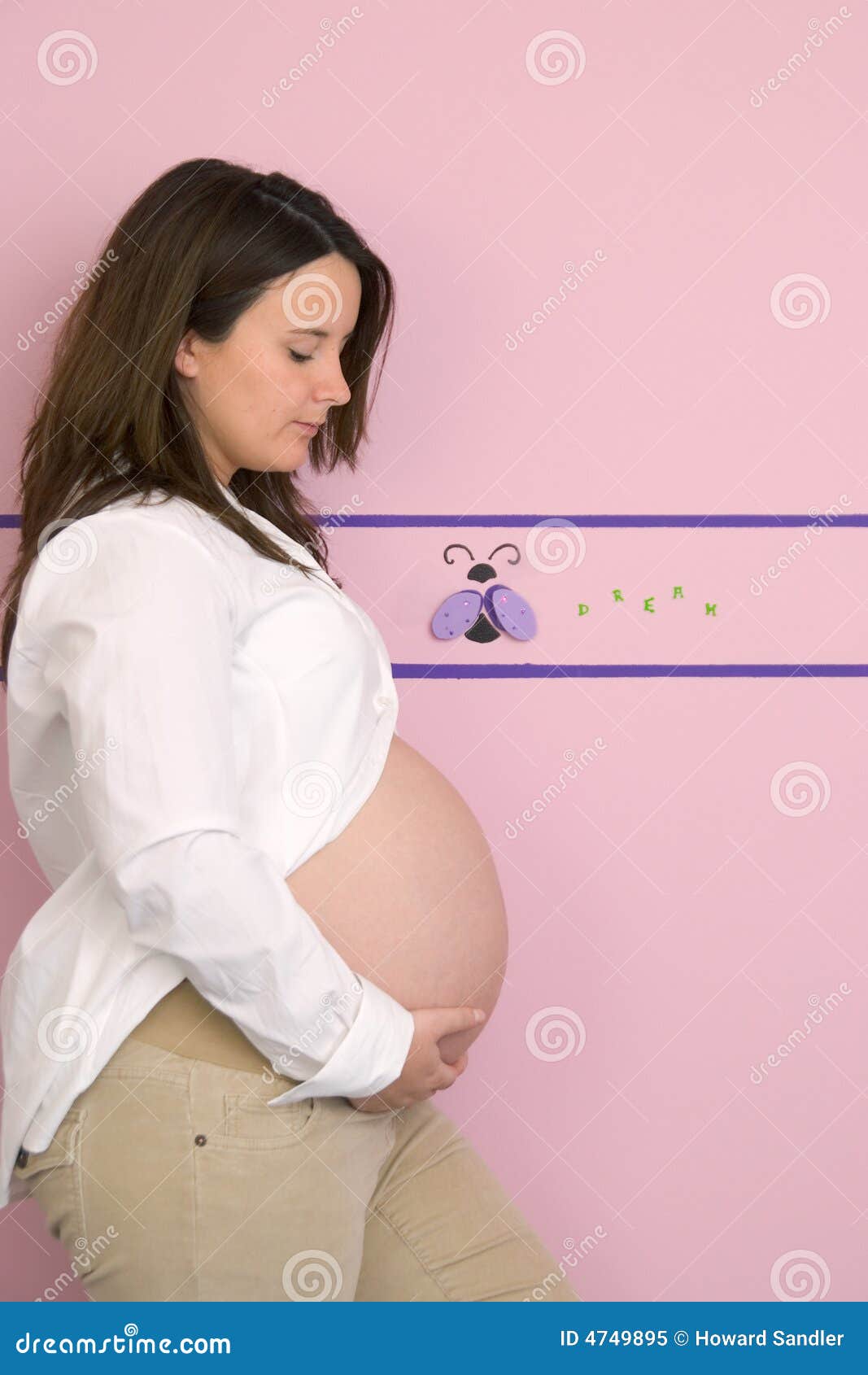
Fight the urge to laze around and get off the couch if you want to make your baby smarter, Ghosh says. Staying fit and active is all the more important during pregnancy. Love the endorphin boost you get from exercise? Well, so does your baby.

In one study, babies of mums who drank carrot juice while pregnant showed a preference for carrots once born. Almonds are a good source of niacin, protein and energy and helps in the overall brain development of the baby,” Ghosh says.Īnd if you want your baby to have the gourmet palate of an intellect, get adventurous at dinnertime, Ghosh suggests, as your baby’s taste buds develop from around 12 weeks.

Walnuts are essential for brain development of adults and babies alike. “Include nuts such as almonds and walnuts in your diet during your pregnancy. Also, iron found in leafy vegetables, like spinach, helps the flow of oxygen to the baby’s brain cells. Make certain you include foods that have a good content of omega 3, such as, fish, soybeans and spinach, in your diet. Omega 3 fatty acids are absolutely essential for baby’s brain development. Iron found in leafy vegetables, like spinach, helps the flow of oxygen to the baby’s brain cells. After birth, the babies recognised that passage when they heard it.

When does learning begin? Psychologist and parenting expert Polly Sengupta says the foundations for language begin in the womb and, by the third trimester, your baby can memorise sounds she/he hears regularly.Īccording to an article in parenting website Babble, researchers asked mothers to read a passage from The Cat In The Hat (a children’s book written and illustrated by Theodor Geisel under the pen name Dr Seuss and first published in 1957) repeatedly to their unborn babies.

By the third trimester, your baby can memorise sounds she/he hears regularly. To ensure your baby inherits your braininess, start now, as we bring you eight tips that ensure your baby is smart and intelligent. Researchers now estimate that only half of IQ is down to genes - the rest is influenced by a baby’s environment.


 0 kommentar(er)
0 kommentar(er)
